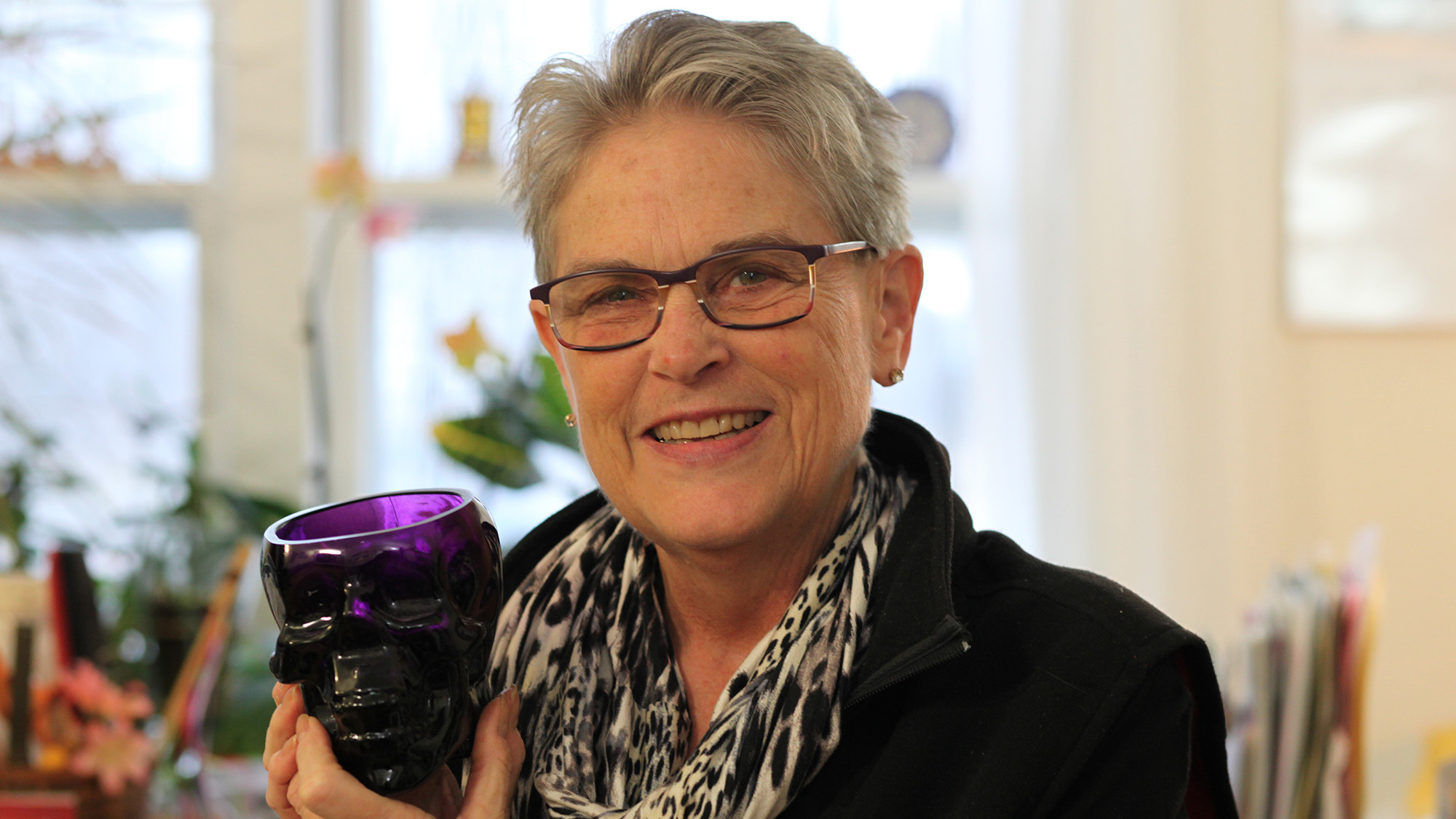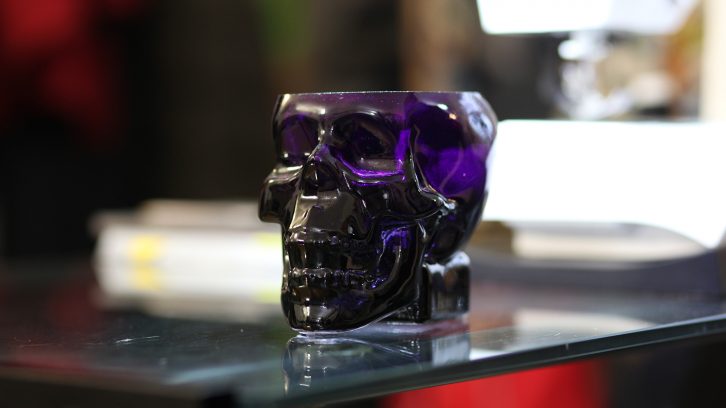DEATH CAFE
Coffee, snacks and death
Death Cafes are bringing mortality to the table

caption
Deborah Luscomb hosted the first Death Cafe in Halifax in March 2015.Death Cafes in Halifax are starting conversations about difficult topics, such as illness, death, dying and grieving.
“I think they are conversations that are really important,” said Bonnie Coulombe, a long time attendee of the Death Cafe in Halifax.
“One (reason) is to prepare responsibly, accountably and respectfully for our own demise, in the interest of those we leave behind,” said Coulombe, “and the other part is just to expand the conversation around our finitude, so that we embrace life fully, and learn from each other.”
Debate continues over the origins of the idea, but the official Death Cafe website and social enterprise model were creative by Jon Underwood and Sue Barsky Reid in the UK, after they were inspired by the works of journalist Bernard Crettaz.
According to the website, Underwood held his first Death Cafe in Hackney, East London in September 2011. There are now approximately 7,726 Death Cafes have opened in 65 countries. Anyone can set one up in their city or hometown, but they are encouraged to follow the basic directives; non-profit, non-denominational and no agenda. The only goal is to start a conversation.
Deborah Luscomb has been hosting Death Cafes in Halifax since March 2015. Luscomb, now working with Dawn Carson and Jacquie Bell, continues to host Death Cafes the first Thursday of every month, at the Women’s Council House in the south end of Halifax.
“You never know how the conversation will go, we don’t guide it,” said Luscomb.
She said there are typically three reactions when she tries to explain the Death Cafes to strangers; shock, fascination or complete disinterest. She doesn’t push anyone to speak about mortality, she provides an option for those who want to.

caption
All cafes are non-profit, but accept donations. This is Halifax’s donation jar.“People desperately need a place to express their grief, and the Death Cafe is often that place,” said Luscomb.
Discussion topics vary from meeting to meeting. Sometimes it’s entirely dedicated to a person who just lost a family member; other times it’s a philosophical discussion on one single topic, such as palliative care.
Luscomb said they are mostly attended by women over 60. About 10 people are loyal attendees and some attend only once. She said that are many different and personal reasons for attending.
Christiann Luddington is a retired nurse who has attended two Death Cafes in Dartmouth, and one in Halifax. She is used to speaking about death with co-workers, but was curious to see how those outside of the medical industry were taking on this sensitive topic. She thinks Death Cafes are a step in the right direction.
“It’s a safe place to talk about death,” said Luddington. “We need to talk about this stuff.”

